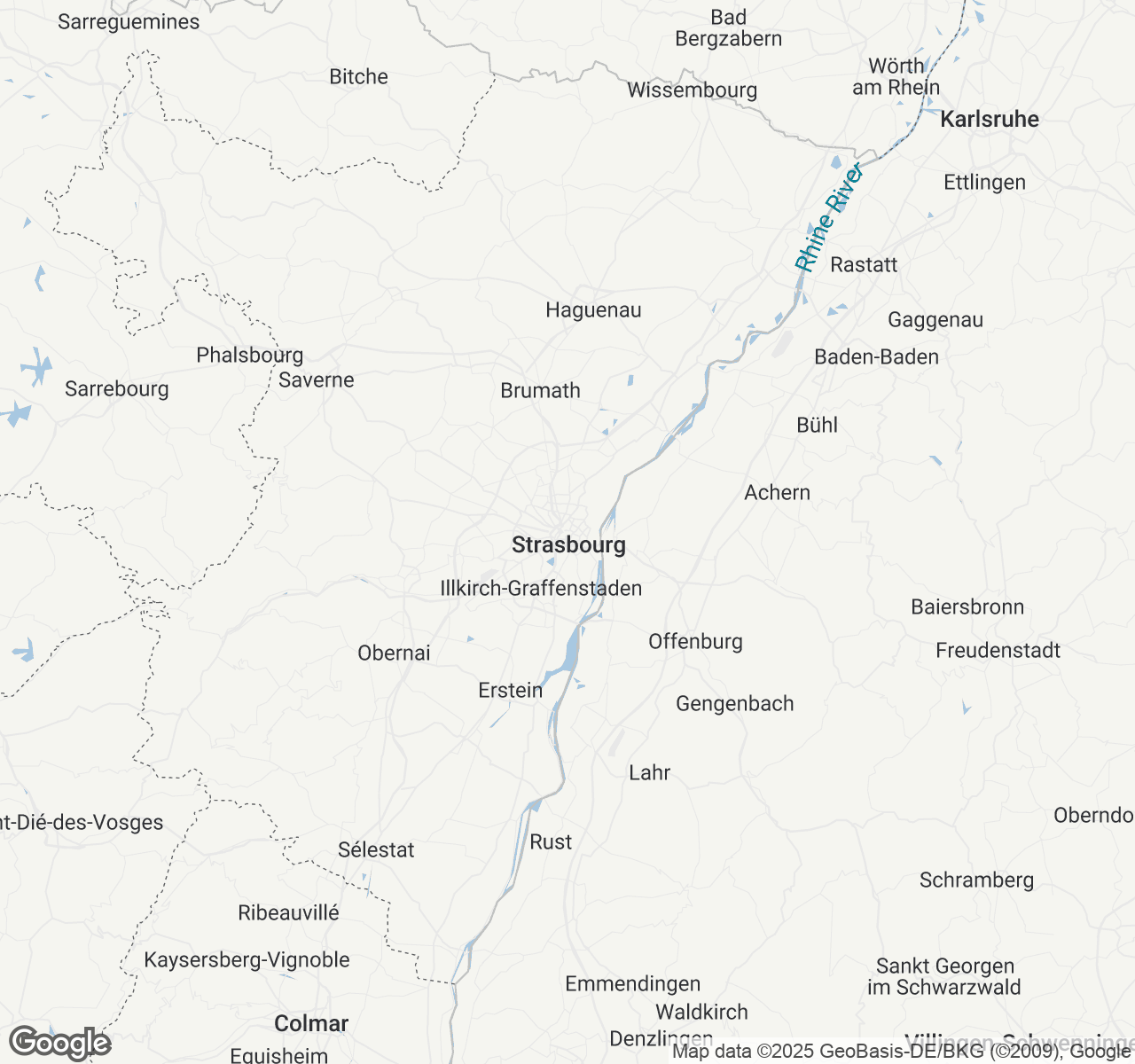
Things to Do in Strasbourg
Discover the best of Strasbourg
Plan Your Trip
Essential guides for timing and budgeting
Top Things to Do in Strasbourg
Discover the best activities and experiences. Book now with our trusted partners and enjoy hassle-free adventures.
Your Guide to Strasbourg
About Strasbourg
Strasbourg sits exactly where French and German cultures collide, and that collision created something better than either country managed alone. Half-timbered houses tilt over canals where the Ill River flows. Gothic spires cut through the fog. Morning air smells like choucroute and kougelhopf from the bistros. The city runs on two speeds—French ease and German order—and somehow both work. Petite France has medieval bridges good for slow walks, while the European Quarter moves faster with its modern agenda. Cathedral bells ring out every hour, competing with locals who switch between French and German mid-sentence. Winter brings Christmas markets. They're worth the crowds. Wine cellars here hold vintages going back centuries, and the owners will talk your ear off about each one. Sunsets over the Rhine look better than they should. This corner of Alsace has pulled in empires and poets for good reason—the place just works.
Travel Tips
Transportation: Use the efficient CTS tram system with day passes (€4.60) covering the entire network. Rent bikes from Vélhop stations—the city is exceptionally bike-friendly with dedicated lanes. Walking is ideal for Petite France and city center exploration.
Money: Euro currency accepted everywhere. Credit cards widely used, but carry cash for small cafés and markets. Tipping 5-10% at restaurants is appreciated but not mandatory. Museum passes offer significant savings for multiple attractions.
Cultural Respect: Greet shopkeepers with 'Bonjour/Guten Tag' upon entering. Many locals speak both French and German—asking 'Parlez-vous français?' shows respect. Dress modestly when visiting the Cathedral, and maintain quiet voices in religious spaces.
Food Safety: Tap water is excellent quality. Try traditional Alsatian dishes at winstubs (wine bars). Food hygiene standards are high throughout the city. Book restaurants in advance, especially during Christmas market season and summer months.
When to Visit
Strasbourg's appeal varies dramatically with seasons, each offering distinct experiences. Spring (April-May) brings mild temperatures of 15-20°C with moderate rainfall (50-60mm monthly), perfect for canal walks and emerging café culture. Hotels cost 20% less than peak season. Summer (June-August) sees warmest weather at 20-25°C and minimal rain (40mm), ideal for outdoor dining and Rhine excursions, but expect 40% higher accommodation prices and crowds. Autumn (September-November) offers crisp 10-18°C temperatures and increased rainfall (60-70mm), with impressive foliage and harvest season wine tastings. November's Christmas market preparation creates magical anticipation. Winter (December-March) transforms Strasbourg into a fairy tale, with temperatures of 2-8°C and occasional snow. The legendary Christkindlmäertel (Christmas market) runs November 25-December 30, drawing massive crowds but creating exceptional atmosphere—book accommodations months ahead as prices increase 60%. January-February offer the best value with 30% lower rates, though some attractions have reduced hours. Festival lovers should visit during the European Fantastic Film Festival (September) or Music Festival (June 21). Budget travelers benefit from January-March visits, while romantics should choose Christmas season despite premium costs.

Strasbourg location map